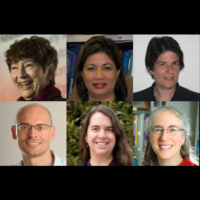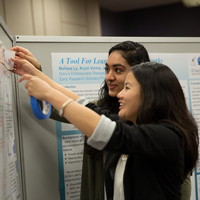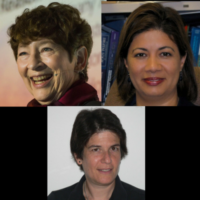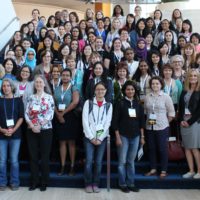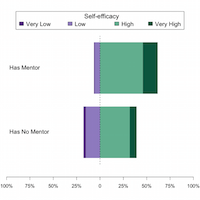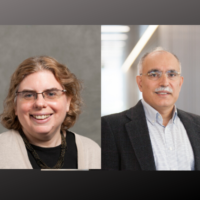
Lenore Cowen and Samir Khuller Receive the 2020 CRA-E Undergraduate Research Faculty Mentoring Award
The Education Committee of the Computing Research Association (CRA-E) is proud to announce two recipients of the 2020 CRA-E Undergraduate Research Faculty Mentoring Award: Lenore Cowen from Tufts University and Samir Khuller from Northwestern University.



